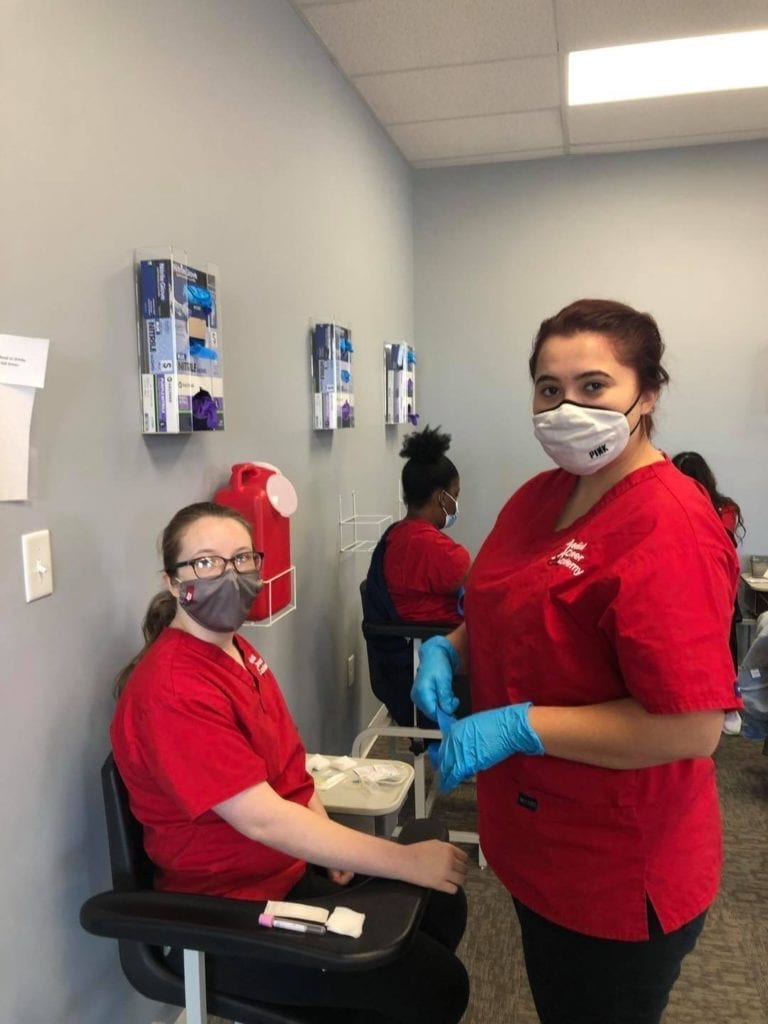Learning about the Various Types of Phlebotomy Certifications
If you’re interested in a medical career that involves working with patients, you may want to consider becoming a phlebotomist.
Basically, they are responsible for drawing blood from patients for diagnostic tests and blood donations. That said, there are several types of phlebotomy certifications, each with its own set of requirements. Below are just a few examples.
1. Phlebotomy Technician Certification (PBT-ASCP)
The ASCP offers a Phlebotomy Technician (PBT) certification for those who have completed an accredited phlebotomy program and have a high school diploma.
With this, you must complete 40 hours of class training and 100 hours of practice. You will also need to have a medical degree that includes phlebotomy training. Having at least one year of experience working in an accredited laboratory is recommended. This experience will help you to learn the necessary skills and knowledge for the job.
2. Phlebotomy Technician Certificate (PTC-ASPT)
The certification offered by the American Society of Phlebotomy Technicians is only available to those who meet the organization’s specific criteria. In order to be eligible for this certification, you must qualify for at least one of the criteria on the list. Besides that, one must complete six months of full-time or one year of part-time experience as a phlebotomist and pass an exam administered by a certification agency.
To clarify, you must have completed a phlebotomy training program and have experience specifically in venipuncture and specimen handling. Your supervisor must provide a letter as proof of your experience.
3. Certified Phlebotomy Technician (CPT-NHA)
The National Healthcareer Association offers certification in phlebotomy at multiple levels. The first level is Limited Phlebotomy Technician, followed by Certified Phlebotomy Technicians 1 and 2. Earning certification is simple enough and can be completed by taking an exam.
4. Registered Phlebotomy Technician (RPT-AMT)
The RPT-AMT certification is a certification offered by American Medical Technologists that requires the completion of an accredited phlebotomy course within the last four years in order to qualify. In order to qualify for this examination, you must have worked as a phlebotomy technician for at least 1040 hours or more within the last three years.
You will also need to have worked as a health program instructor for at least three years. If you already have a phlebotomy certification from another organization, you will just need to pay a set fee.
5. Certified Phlebotomist Technologist (CPT-NPA)
The National Phlebotomy Association (NPA) offers certification for phlebotomists who have completed a set number of allied health training hours, including venipuncture training.
This training set needs to include at least 360 hours of training. This should include 160 hours of classroom training and 200 hours of practical application. You must submit some sort of proof that you have the necessary skills and knowledge. This could be in the form of a test, portfolio, or some other type of certification.
Conclusion
Overall, phlebotomy is a vital medical procedure, and getting certified will help advance your medical career. It’s advisable to take phlebotomy classes and gain experience as a phlebotomy technician prior to obtaining certification.
If you are looking for an institution that offers phlebotomy training in Highland, IN, look no further than our curriculum here at Medical Career Academy. We offer a real-life, hands-on experience for the student as well as a digital experience that is derived from instructors that are extremely skilled and experienced. Call us today for more information about our medical courses and training programs.

